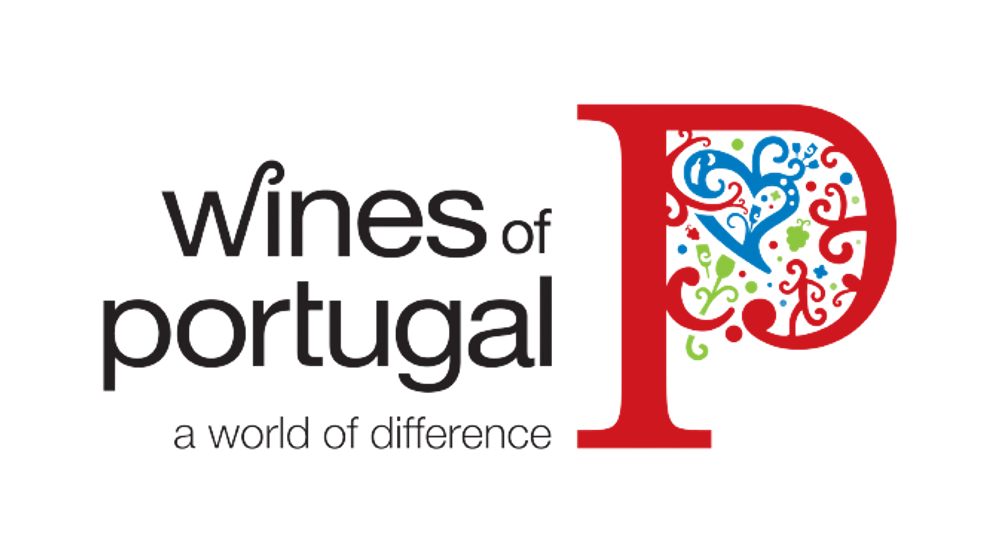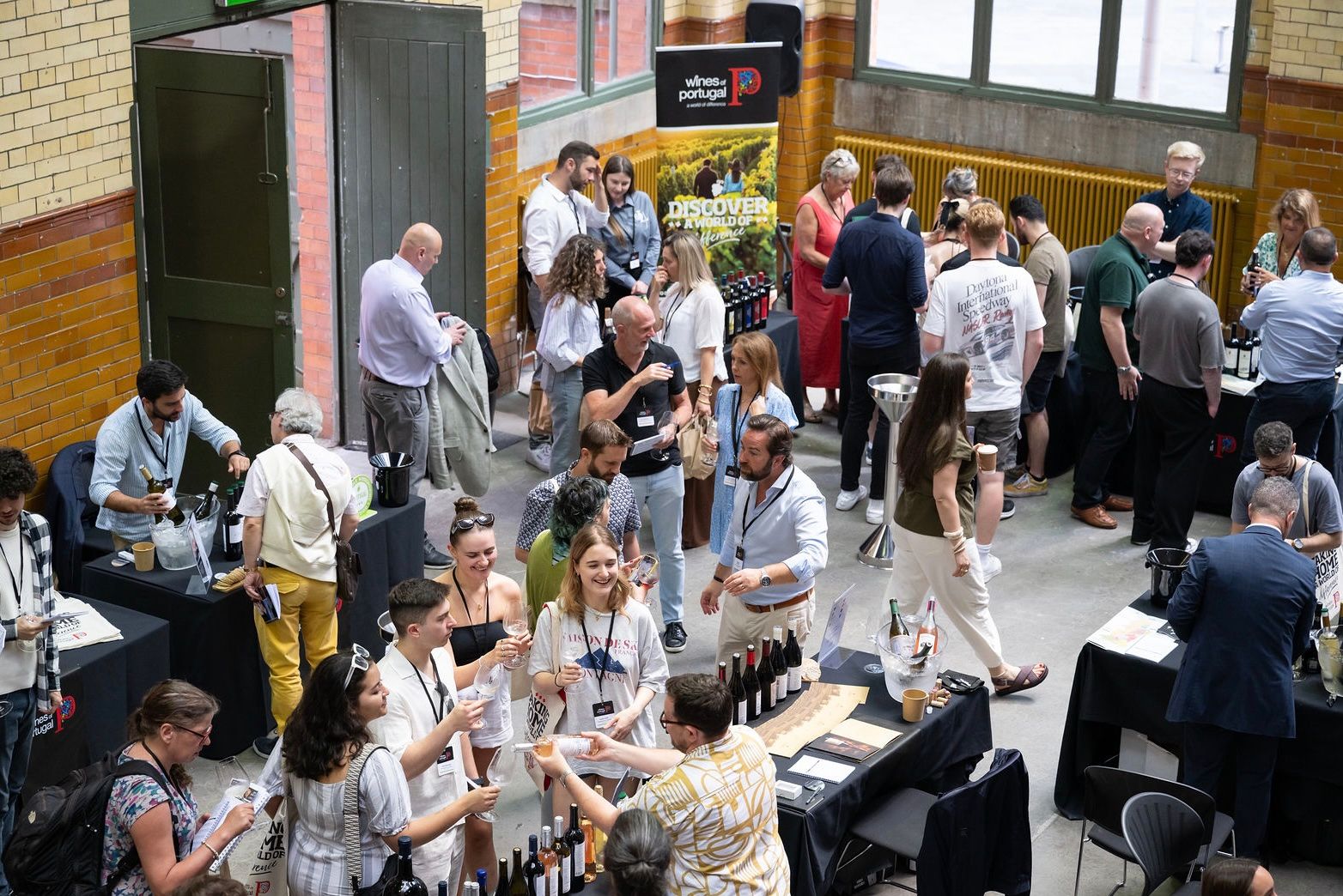To paraphrase a quote from the great philosopher Socrates, the more I learn about Portuguese wines, the less I realise I know. With its mind-boggling 250 native grape varieties and many styles of wine, Portugal, to some, is still a mystery. So, armed with a notebook, pen and a pioneering spirit, I headed into the Wines of Portugal tasting on an appropriately hot Monday in Manchester.
With 19 producers and over 190 wines, representing 10 of Portugal’s most exciting wine regions, it was a day of great discoveries and an opportunity to get under the skin (no pun intended) of this masterful wine producing nation.
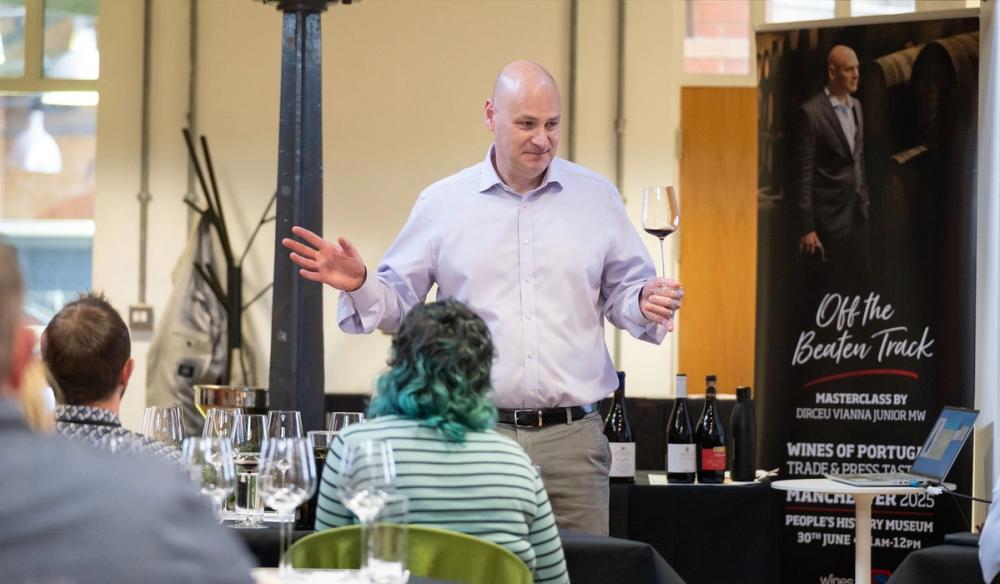
Dirceu Vianna Junior MW hosted a fascinating masterclass on Off the Beaten track at the tasting. Photograph Seb Higgins
Where better to start than hearing from a renowned expert in Portuguese wines, Dirceu Vianna Junior MW, known simply as ‘Junior’ to most, who skilfully guided us through his Off the Beaten Track masterclass, featuring lesser known grape varieties.
I chated to him afterwards about ‘getting to grips’ with the country’s wines. He says: "I have been excited about the diversity that Portugal offers for a long time. Despite regular visits, I always seem to discover something new. This is why Portugal is such an exciting country to explore."
In terms of what varieties are becoming more popular in the UK and what sommeliers and independent should be thinking of when reviewing their wine listings he picks out Alvarinho, Fernão Pires and Encruzado when it comes to white wines and Alvarelhão, Castelão and Trincadeira for the reds.
“Producers are increasingly paying more attention to these varieties. Once these grapes are treated with the respect they deserve they are capable of making great wines” he adds.
Starting points
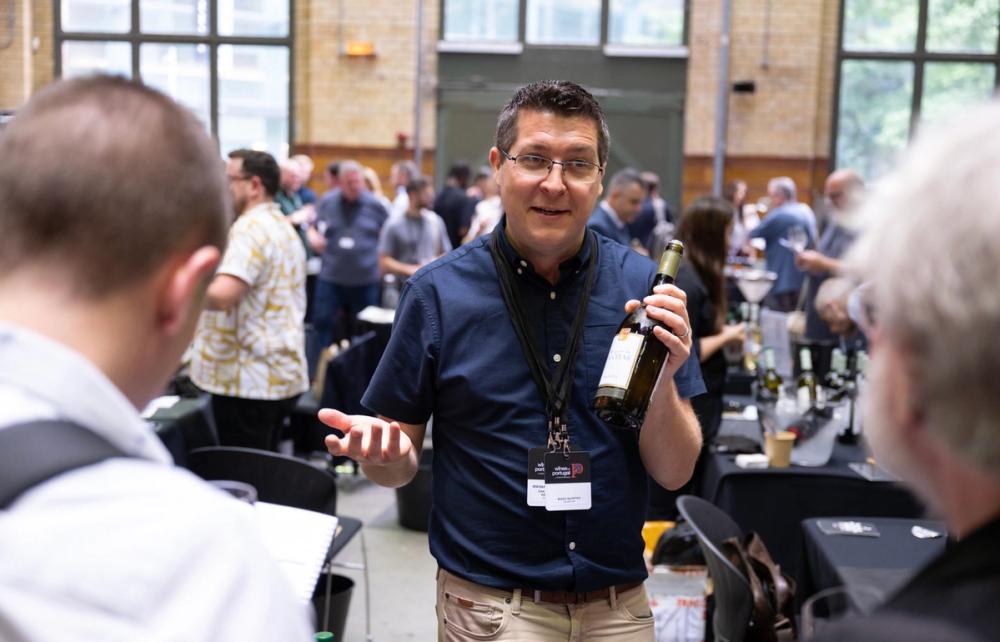
Graham Crawford from Portuguese wine specialist Oakley WIne Agencies says it is seeing more demand for more diverse wines from Portugal. Photograph Seb Higgins
Graham Crawford, sales director at Oakley Wine Agencies, one of the UK’s leading and most respected specialist Portuguese wine importers, says it is seeing more restaurants and retailers opening up to what Portugal now has to offer. Vinho Verde and the Douro appear to be the areas that operators new to Portuguese wines go to first, providing the building blocks for introducing others.
“I’m seeing a lot of demand for Dão Encruzado white from retail buyers, with the on-trade following later,” he says.“Alvarinho is also an easy sell for those wanting an alternative to Albariño from Spain, which is now becoming “very expensive”.
Oakley Wines also showed wines from Dão producer, Opta Wines. The Encruzado white, for example, was delicate and expressive.
“People are asking for this now, more than any other, so the messaging is obviously getting through,” says Crawford.
The Dão is very much a region ideally suited to the versatile needs of on-trade buyers, he adds, particularly in terms of quality and adaptability with food.
Raymond Reynolds of Raymond Reynolds Wines, another highly respected specialist in Portuguese wines, and based in the north west, was able to explain in more detail the wines being made Casa Relvas in Alentejo featured in the Off the Beaten masterclass, particularly its Herdade Sao Miguel Pé de Mãe 2023 Trincadeira.
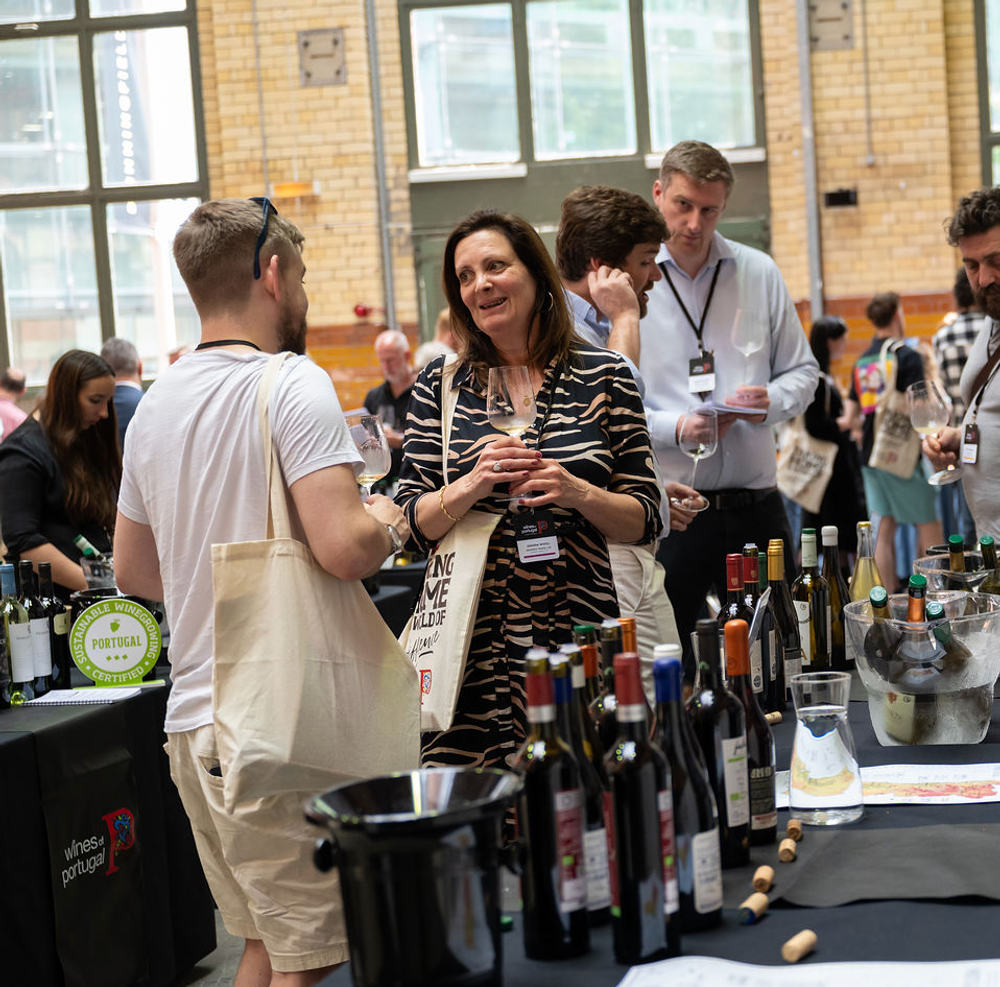
The Wines of Portugal tasting attracted wine merchants, sommeliers and restaurateurs across the north west. Photo Seb Higgins
The name Pé de Mãe is given to specific vines that are used as a source of cuttings for propagation purposes. The vines are perfectly adapted to their terroir, and capable of producing fruit of exceptional quality over time. Fermented with wild yeasts and mellowed by ageing in large used French oak barrels, this is a very elegant wine and lighter than you might expect, which is all the better for it.
At a lower price point, but delicious nonetheless was the Redondo Alentejo DOC, also from Casa Relvas. Made as a wild, co-fermentation with a small proportion of whole bunches, and then aged in a 5000L foudre. Grapes include Aragonez, Trincadeira, Castelao and Alicante Bouschet.It has bramble fruits on the palate with some spices too – a great food wine which is also very drinkable.
Liberty Wines also featured a good range, including those from Quinta dos Carvalhais, with its female head of wine Beatriz Cabral. The Alfrocheiro Dão red was a particular stand out and had a great deal of sophistication, a signature feature of wines made by Cabral and her team. The vineyard also has a real ‘sense of place’ according to Rui Santil, from Liberty.
Sustainability focus
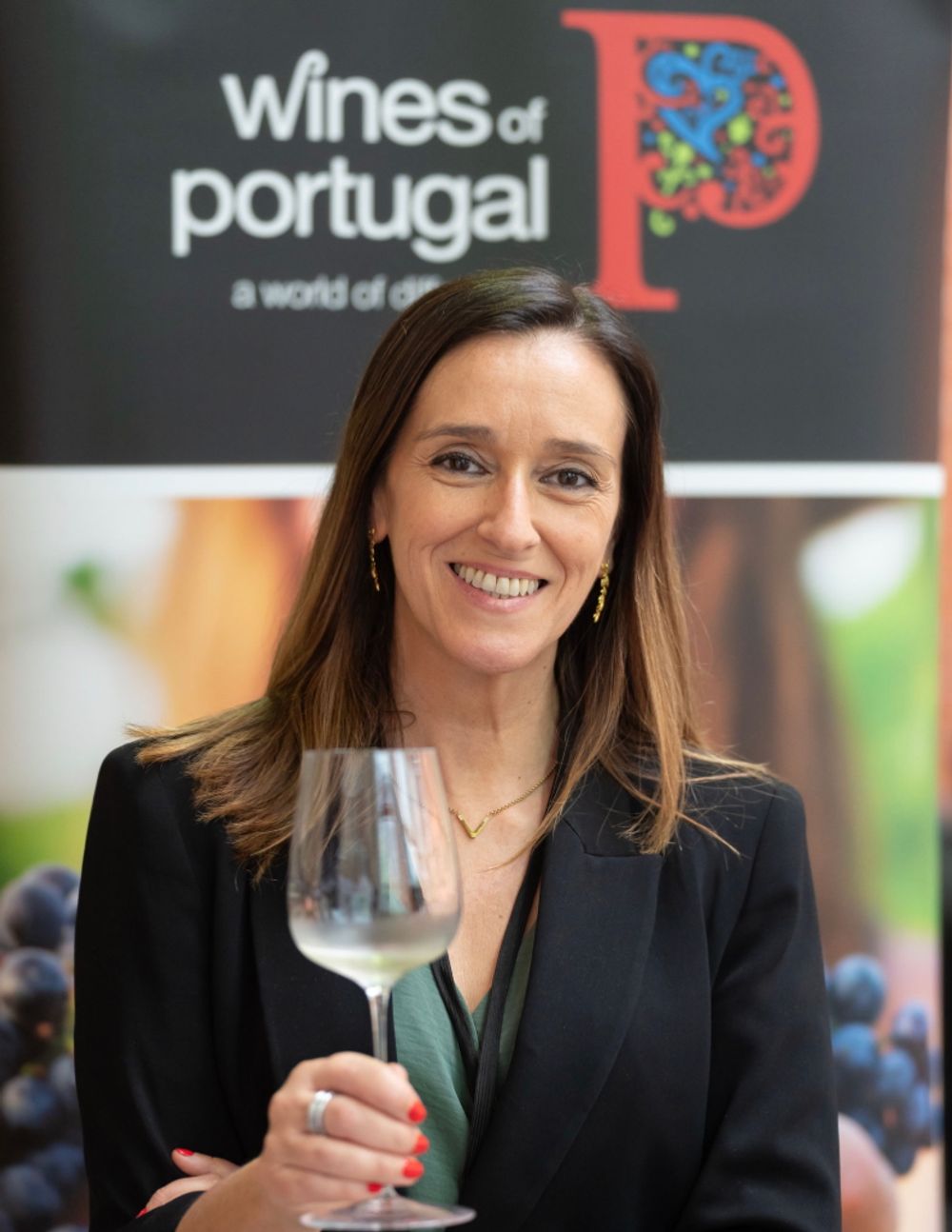
Sónia Vieira, Wines of Portugal's marketing director. Photograph Seb Higgins
A key feature of the tasting was the number of tables with ‘Sustainable Winegrowing Certified’ signs on them which is testimony to how well accepted ViniPortugal’s sustainability programme (CSV) has been accepted.
Sónia Vieira, marketing director at ViniPortugal, says the programme was introduced in 2022, and has 86 indicators, of which 28 are mandatory—meaning they must meet at least level one compliance.
These indicators are divided into four chapters: environmental; social; economic; and management and continuous improvement. Up to now 50 companies have been certified under this framework. The ambition is to reach 40% of the producers participating in ViniPortugal which represents around 200 wineries.
She says there is a collective spirit amongst Portuguese producers “to focus on what the regions are good at, preserving history,and to use knowledge based learning to innovate and future proof the industry”.
All of which needs to be achieved whilst “respecting nature”, which very much fits with the CSV programme too.
“There is obviously a balancing act required, but get this right and it will determine the success of Portuguese wines for the long term” she adds.
Opening up Algarve
My last stop was at Arvad, a winery based in the Algarve which repeatedly comes up as the “region to watch” and not just a place for ‘holiday wines’.
Mariana Canelas, responsible for sales and exports, explained that the company was only established in 2016 on a property next to Arade river, overlooking Silves.The wines are heavily influenced by its Mediterranean climate, calcareous clay soils and cooling winds from the Atlantic sea.

Wines of Portugal is keen to show its wines to a wider cross section of the UK wine trade by hosting events around the country. Photo Seb Higgins
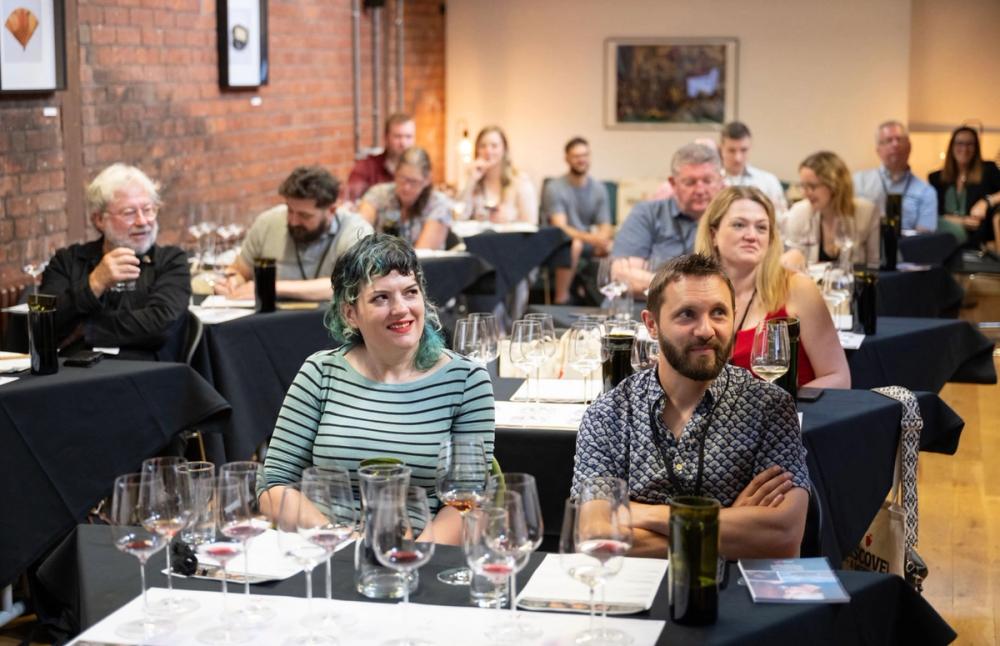
The tasting was a chance to taste, learn and take part in masterclasses. Photo Seb Higgins
A big part of their story is based on the Phoenician travellers who settled in the Silves area and were responsible for introducing amphora to its winemaking.
One of the key red grape varieties in the Algarve is Negra Mole and Arvad produces a single varietal wine, is in a paired back bottle, with the grape variety simply written on the front.A low intervention wine, which is quite typical of the area, it was quirky and young and would certainly appeal to those running natural wine bars with customers looking for something different and an interesting backstory.
Also from the Algarve were wines from Uca with stand out labels featuring the ‘violinista crab’ which has one claw much larger than the other which can make it look like its playing a violin.These are fun and fruity wines which also have a sense of place too, proving that, in Portugal, there is truly something for every taste.
This was a tasting with a great deal of heart, with interesting producers showcasing many different grape varieties to appeal to both on and off-trade buyers and all types of consumers.Please do search them out, dive in and see what you can discover for yourself.After all was it not Aristotle who famously said: “Educating the mind without educating the heart is no education at all.”
* You can find out more about Wines of Portugal at its website here.
